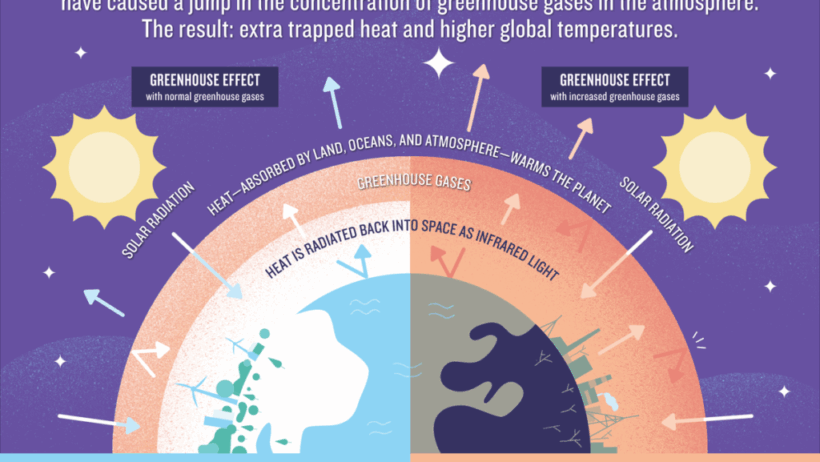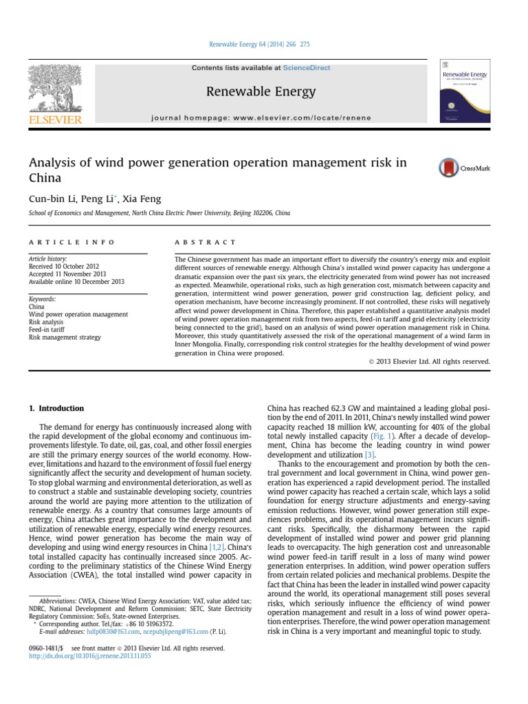The manifestation of climate change is irrefutably intertwined with the escalation of the greenhouse effect. As the planet’s atmosphere becomes increasingly saturated with greenhouse gases, a multitude of consequences unfurl, significantly altering our environment and the intricate balance of ecosystems. The ramifications of a warming planet are profound, extending beyond mere temperature hikes to reverberate through all facets of human existence and natural habitats.
Understanding the greenhouse effect is paramount as it lays the groundwork for examining the myriad implications of climate change. Upon entrapment of heat in the Earth’s atmosphere, temperatures rise, resulting in a cascade of shifts across the globe.
Invariably, alterations in climate patterns are emerging as a direct result of this phenomenon, displaying themselves in an alarming frequency of extreme weather events. Droughts unfurl across once-fertile lands, while torrential rains inundate areas, leading to devastating floods. The juxtaposition of drought and deluge destabilizes agricultural output, consequently threatening food security. Crop failures punctuate the narrative of sociocultural upheaval, as communities grapple with the abhorrent consequences of failed harvests, rising food prices, and increased hunger.
Moreover, the thermal expansion of oceans accompanies the rising global temperatures, manifesting as rising sea levels. Coastal regions, where innumerable human settlements flourish, now face existential threats from encroaching waters. The intricacies of saltwater intrusion render freshwater supplies increasingly scarce, aggravating already tenuous situations for millions. An array of coastal ecosystems, notably mangroves and estuaries, struggle to adapt to the fluid dynamics of their environments, risking biodiversity loss and habitat degradation.
Yet, the biodiversity crisis extends far beyond coastal realms. As ecosystems experience shifts due to altered temperature and precipitation regimes, species face existential pressures. A plethora of flora and fauna find themselves unable to adapt to the accelerated pace of change. This climate-induced evolutionary crisis may lead to profound shifts in species distributions, exacerbating human-wildlife conflict and endangering countless organisms. Consequently, biodiversity loss could unravel ecosystems that humans depend on, both for resources and the aesthetic wonder they provide.
Added to this grim tableau is the proliferation of disease vectors, as warmer climates enable various pathogens and parasites to thrive in new regions. The encroachment of diseases, once confined to specific geographies, is displacing health paradigms globally. Malaria, dengue fever, and myriad other illnesses are potent reminders of the intricate tapestry woven between climate and human health. The ramifications extend beyond immediate health concerns, compound healthcare costs and impede economic productivity, creating a vicious cycle that perpetuates societal vulnerabilities.
Additionally, the psychological impact of climate change permeates the fabric of society. As communities face the inevitable changes wrought through environmental degradation, a phenomenon dubbed ‘eco-anxiety’ emerges. Individuals, particularly the younger generation, contend with the heavy burden of dwelling in a world where the future remains uncertain. This psychological toll must not be underestimated, as it influences social dynamics and individual well-being on a broad scale.
Coupled with these challenges, the socio-political landscape is increasingly being reshaped by the ramifications of climate change. Resource scarcity, driven by water shortages and food insecurity, can ignite conflicts and exacerbate existing tensions. Geographic regions historically characterized by stability find themselves grappling with strife as populations vie for dwindling resources. Displacement due to climate-induced disasters, ethereal in their unpredictability, can result in large-scale migrations, further testing the resilience of political systems worldwide. Nations find themselves compelled to navigate an intricate diplomacy as they confront the realities of their interconnected fates.
Yet, amid these disquieting narratives, a cornerstone of hope resides in the collective agency of humanity to change the trajectory of this unfolding story. A pivotal transition towards sustainable practices and the utilization of renewable energy sources presents an opportunity for a harmonious coalescence of environmental responsibility and economic viability. The aesthetics of sustainability are not merely a distant ideal; they capture the imagination and reawaken a sense of stewardship for the Earth. Clean energy innovations—like solar panels and wind turbines—are not only symbols of progress but also tangible solutions to ameliorate the tribulations we face.
Moreover, environmental conservation and restoration initiatives breathe life into fragile ecosystems, instilling resilience within nature itself. Reforestation, habitat preservation, and the revitalization of diverse ecosystems reflect humanity’s commitment to safeguarding the wonders of the natural world. When ecosystems flourish, they provide a bulwark against climate change, buffering communities from its most catastrophic impacts.
The willingness to engage in dialogues surrounding the climate crisis is equally essential. Collective consciousness must coalesce around actionable strategies, fostering unity across varied demographic lines. Advocacy for policy change—whether at local, national, or international levels—is paramount in enacting legislation that can mitigate environmental degradation. Engaging communities and empowering them with knowledge can foster a deeper understanding of the intricate links between environmental health, social equity, and economic stability.
The path ahead is formidable, but it is not insurmountable. The consequences of a warming planet are dire, yet they also beckon humanity to rise to the occasion. Through education, innovation, and unwavering commitment to ecological stewardship, we can navigate the tumultuous waters of change and endeavor toward a more resilient and harmonious existence with our planet. The aesthetic appeal of a rejuvenated Earth, brimming with biodiversity and flourishing ecosystems, is a vision worth pursuing for generations to come.







